SUMMARY
This is AI generated summarization, which may have errors. For context, always refer to the full article.
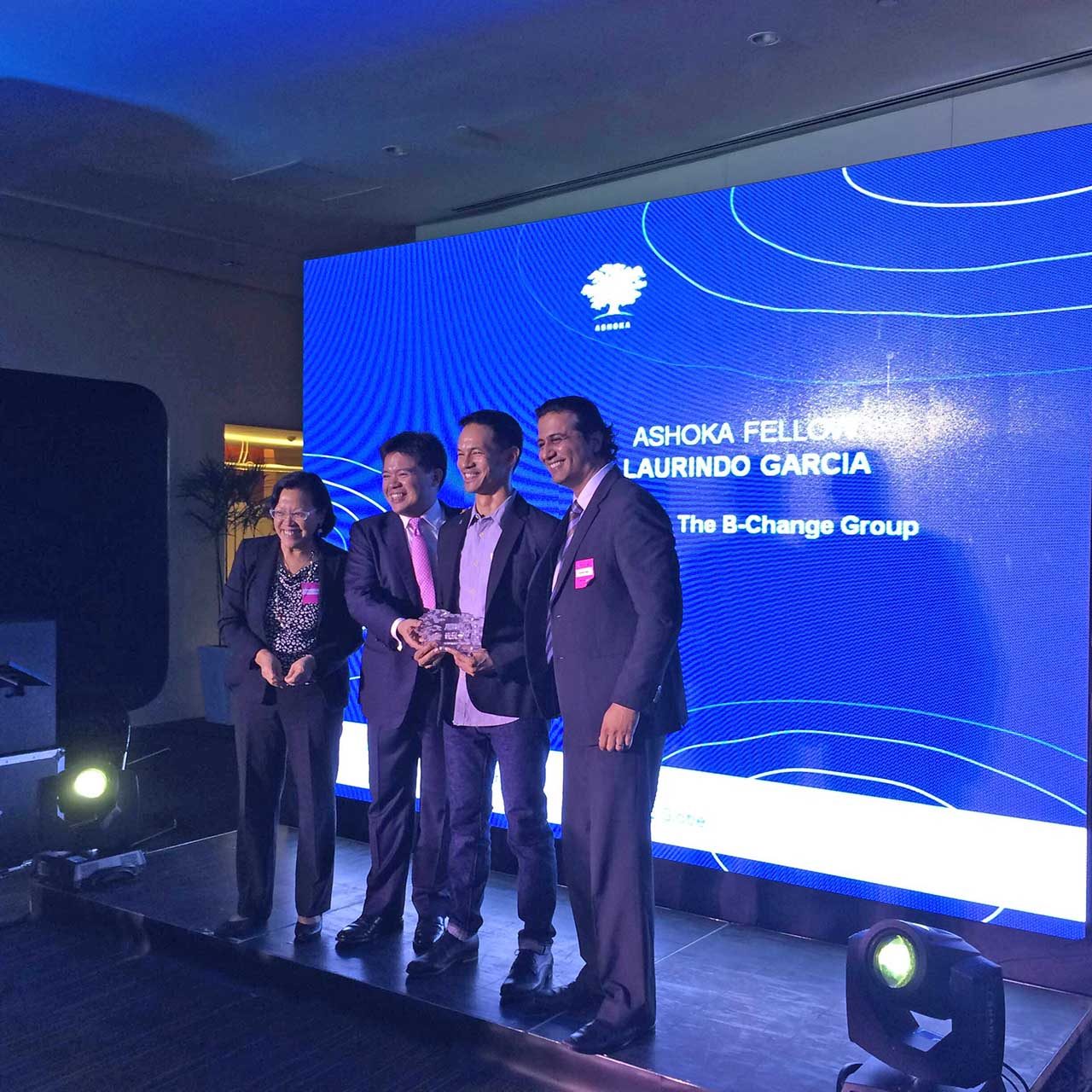
MANILA, Philippines – Social entepreneurs’ group Ashoka Philippines has added the lesbian, gay, bisexual, and transsexual (LGBT) community, especially those diagnosed with HIV/AIDS, to its growing list of marginalized people it wants to fight for.
Laurindo Garcia, founder of B-Change group, was formally inducted as an Ashoka fellow on May 30, the latest entrepreneur to be selected as the group looks to build a collaborative bridge between social entrepreneurs, businesseses, and the academe.
Diagnosed as HIV positive 12 years ago, Garcia channeled this adversity into creating a social enterprise that uses social media to provide care, support, and advocacy services for young LGBTs who feel alone and excluded.
B-Change also places particular importance on providing people diagnosed with HIV with the proper health services, linking them with health experts, providing counseling, and connecting them to their peers.
The Philippines has faced a growing HIV epidemic in recent years with the number of cases diagnosed averaging 21 a day last year. This led the World Health Organization to deem it the fastest-growing HIV epidemic in the world.
“We need to make people diagnosed as HIV positive understand that it isn’t a death sentence and doesn’t mean they have to be excluded from society,” Garcia said.
“People can access health services for free through PhilHealth but most don’t because of shame. That’s the kind of environment we have to change,” he added.
While B-Change has addressed this at the local level and has begun creating networks around Southeast Asia, the organization aims to truly scale this up through the use of social media.
The plan is to build an app that provides all of this information along with driving inclusivity for the LGBT community by allowing users to rate establishments based on how inclusive their policies are.
B-Change is raising funds to develop the app and hopes to have it ready by the first quarter of 2017, Garcia said.
Global support network
It is this process of scaling up that Ashoka believes it can make an impact.
“Laurindo has the unique ability to combine the importance of social media with the digital economy to drive awareness of for HIV and AIDS awareness, and we are determined to promote his work both locally and internationally,” said Ahsoka Philippines country manager Terri Jayme-Mora.
While becoming an Ashoka fellow doesn’t come with a financial grant, the organization’s true value comes in providing access to its global network of over 3,000 fellows from 80 countries.
Garcia will benefit from having this network of individuals, their firms, and their networks as he looks to raise funds, Jayme-Mora said.
Ashoka runs regular global programs to bring its fellows together to discuss best practices and create global partnerships.
The organization also provides its fellows with a small 3-year living stipend, should they need it, so that the entrepreneurs can focus solely on the project without worrying about their personal finances.
Free support services are also provided to the fellows and their families. Sometimes, the fellows are so committed to their cause that family life suffers. The program is designed to prevent that.
“Basically, we will have his back for life,” she summarized.
Garcia will get the support of the 5 other Filipino Ashoka fellows selected since 2013. These social entrepreneurs address issues as diverse as financial literacy, water management, advocacy for the deaf, and the gap in psychological counseling.
The idea behind Ashoka is to invest in people who will bring about change rather than individual projects. It is casting its net far and wide in terms of issues to address.
“Our problems in the Philippines are pretty extensive but we definitely need people to address issues in peace and conflict especially in the South,” Jayme-Mora said, adding that climate change and education are also priorities.
“Also, if we can find a fellow that will fix traffic, that would be great,” she added. – Rappler.com
Add a comment
How does this make you feel?

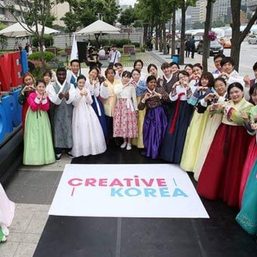
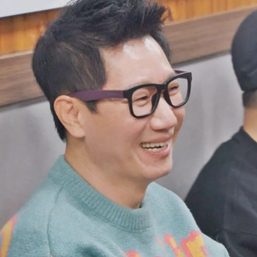

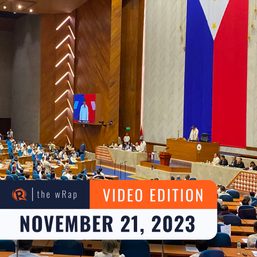


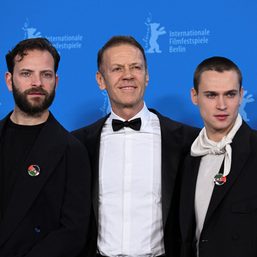
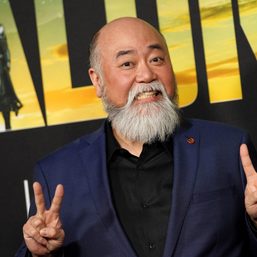
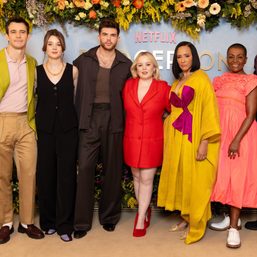

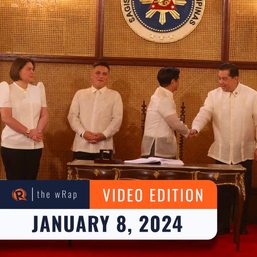
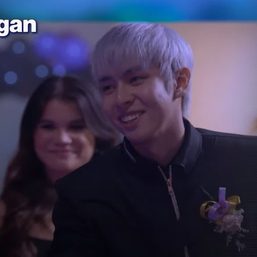


There are no comments yet. Add your comment to start the conversation.